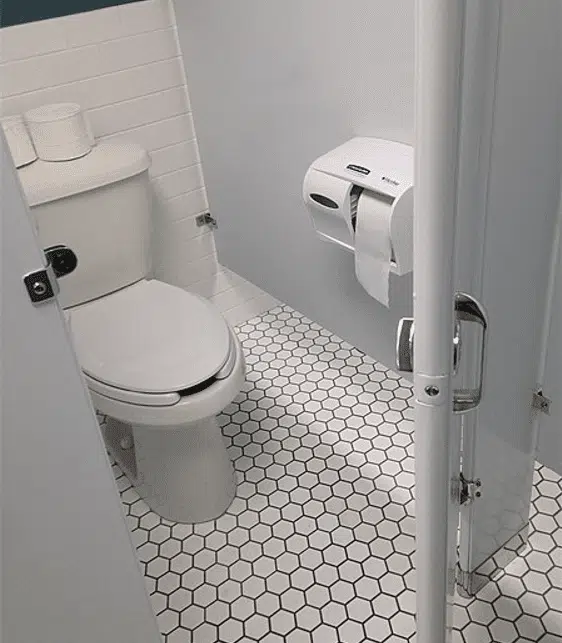Urinary Tract Infections and Seniors
Posted in Urinary Tract Infections and Seniors
Urinary Tract Infections (UTIs) can affect men and women at any age, but increase in frequency as we grow older. This condition is caused by a buildup of bacteria in a person’s bladder, kidneys and urethra, resulting in discomfort, an increased need to urinate and a burning sensation when urinating. These symptoms can progress to more sever medical conditions like sepsis or kidney failure if left untreated.
UTIs are more common among older people for three reasons. First, older adults typically have weaker immune systems that are less capable of fighting off infections. Second, seniors are more likely to have less strong muscles in their bladder and pelvic floor, increasing urine retention and increasing the risk of infection. Third, some older adults experience a decreased sensitivity to thirst, which in turn leads to minor dehydration. The body will decrease urination in response to dehydration, causing an increase of urine in the body, which allows for additional bacterial growth in the bladder.
The following article discusses why older adults are at higher risk for UTIs, warning signs of a UTI and steps you can take to lower your risk of this condition.
Common UTI Symptoms
- Urine that appears cloudy or dark
- Bloody urine
- Strong or foul-smelling urine
- Frequent or urgent need to urinate
- Pain or burning during urination
- Feelings of pressure in the lower pelvis
- Low-grade fever
- Night sweats, shaking or chills
Senior-Specific UTI Symptoms
Most of the more common, easily noticed UTI symptoms are caused by the body’s immune system reacting to the infection, however a senior’s weakened immune system means these reactions might be much harder to detect.
As a result, caregivers might only notice the signs of a possible UTI after the infection has become more severe, and many of these more dramatic symptoms can easily be mistaken for early signs of dementia. These symptoms include:
- Confusion or delirium
- Agitation
- Hallucinations
- Other unusual behavioral changes
- Poor motor skills or loss of coordination
- Dizziness
- Falling
What to Do if You Suspect a UTI
With early detection and a physician’s help, UTIs can be addressed quickly and easily. Be sure to contact your physician as soon as you suspect a possible UTI, or seek assistance at an urgent care clinic if an appointment cannot be booked in a timely manner.
UTI Prevention
UTIs can be minimized or altogether avoided with a few simple lifestyle choices:
- Drink plenty of fluids (2 to 4 quarts of water each day unless this conflicts with a physician’s orders).
- Drink cranberry juice or use cranberry tablets, but NOT if your elder has a personal or family history of kidney stones.
- Avoid or at least limit caffeine and alcohol intake, which irritates the bladder.
- Always wipe from front to back (for women).
- Wear breathable cotton underwear and change them at least once a day.
- Consider setting a regular timer for memory impaired or incontinent senior so they remember to use the bathroom regularly.
The team at SelectCare Home Care Services hopes that you find this article useful. Everyone faces new challenges as they age, but no one needs to face them alone. SelectCare has spent more than 35 years helping New Yorkers live happier, healthier lives in their long-time homes.
To learn more about SelectCare and how we can help you or a loved one, call SelectCare today or request a free in-home care guide.
Sources:
https://www.agingcare.com/Articles/urinary-tract-infections-elderly-146026.htm
http://www.mayoclinic.org/diseases-conditions/urinary-tract-infection/manage/ptc-20344437
